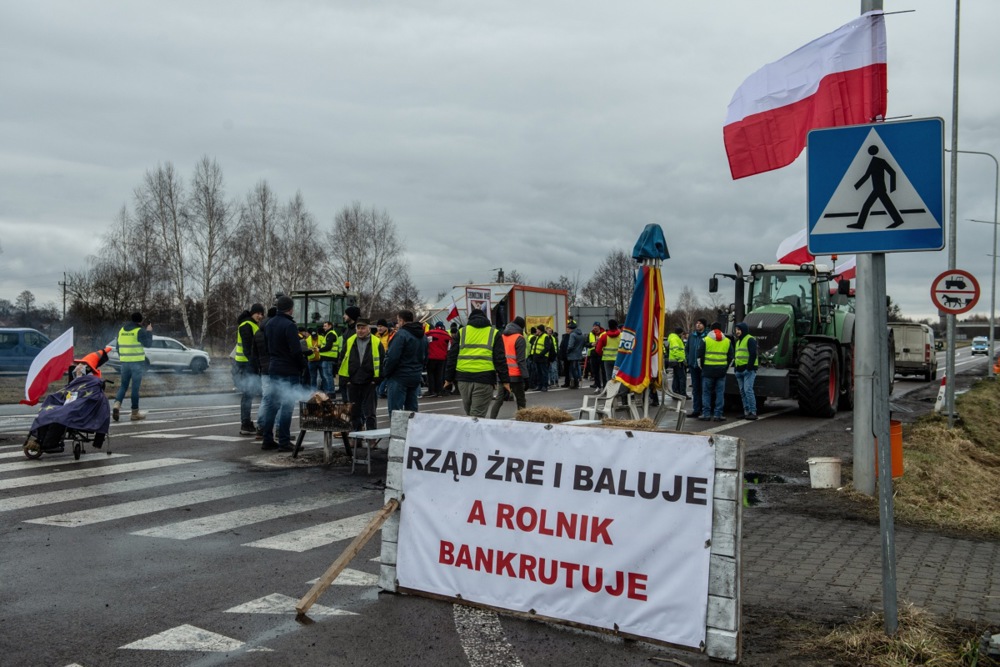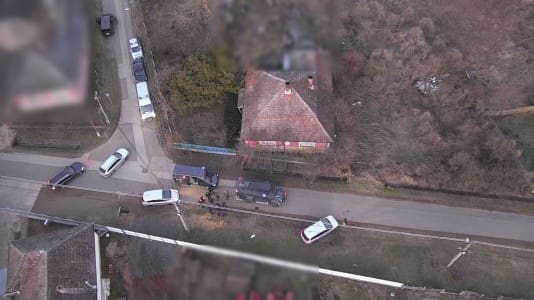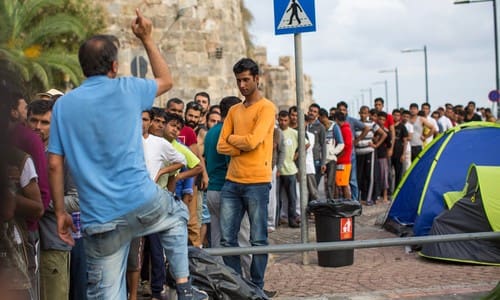The mayor of Lviv, Andrij Sadowy, crossed a line by describing protesting Polish farmers as allies of Putin’s Russia and Ukrainian politicians should moderate their remarks, Poland’s Minister of Agriculture and Rural Development Czesław Siekierski has said.
Polish farmers have been protesting against Ukrainian imports and EU climate policies in over 250 locations since Feb. 9. In one of the protests at a Polish-Ukrainian border crossing, farmers tipped grain out of three trucks.
It was this incident that triggered the mayor of Lviv, Andrij Sadowy, to take to social media saying that these were the “shameful acts taken by pro-Russian provocateurs.” Sadowy later apologized for his remark on Polish commercial TV Polsat by explaining that Ukrainians have been very sensitive about the issue of grain since the time of the Holodomor, the 1930s famine that led to the deaths of hundreds of thousands of Ukrainians because Stalin’s government seized grain from farmers.
Sadowy said that wasting grain was something Ukrainians are bound to object to because the money that is earned from the sale of grains is used to arm the country, but he said that if anyone felt offended he was prepared to apologize.
“Ukrainian politicians such as Sadowy have gone too far,” said Siekierski during an interview with commercial Radio Zet. “It is unfair and unwise to damage good relations between our two countries when Poland has done so much for Ukraine. They should show more restraint,” he added.
Asked whether Poland should introduce a ban on the import of Ukrainian agricultural produce, Siekierski said that such a partial ban was already in place and that Poland would not hesitate to ask for such bans when its markets become destabilized, but warned that Ukraine was also capable of retaliating to any ban. He added that “so far the EU has tolerated our ban on Ukrainian grain.” However just today Remix News reported that the EU is now demanding that Poland, along with Slovakia and Hungary, open their borders to Ukrainian grain.
As far as the farmers’ protests were concerned, the minister observed that he was probably the first agriculture minister to support the demonstrations and he regularly visited them during their protests on the border since the autumn.






